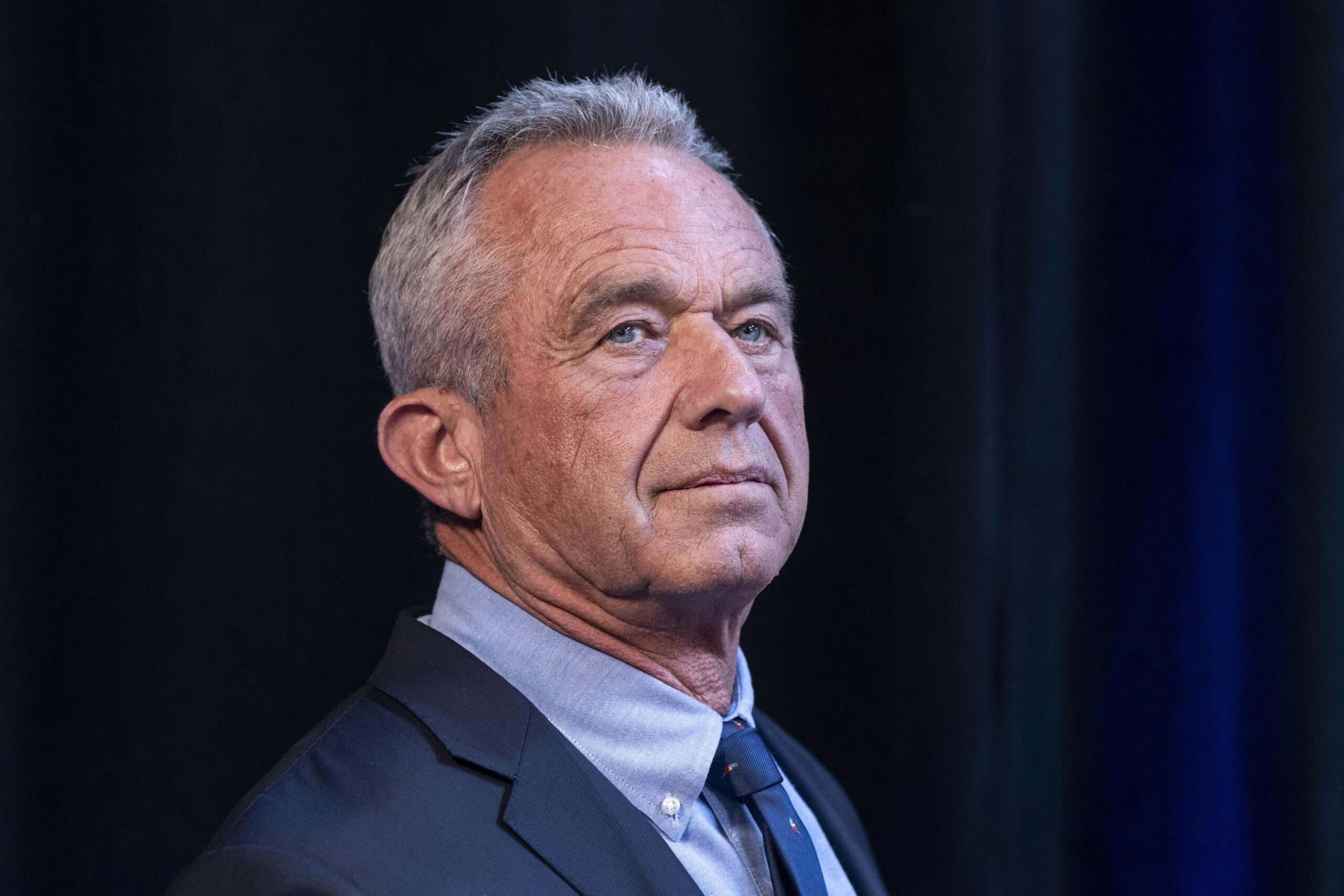Can RFK Jr. Restore Our Troubled Public Health Agencies?
The nomination of Robert F. Kennedy Jr. (RFK Jr.) by President-elect Donald Trump to lead the Department of Health and Human Services (HHS) has ignited significant concern in the regions where major health agencies, such as the CDC, FDA, and NIH, are based. These concerns highlight the potential for radical changes in the priorities and functioning of these vital public health agencies under RFK Jr.’s leadership. Historically, these organizations have faced criticism for their inefficiency and bureaucratic inertia, and while many argue for substantial reform, the question remains whether RFK Jr. is the right individual to facilitate these changes. To evaluate his suitability, it’s essential to explore the current issues plaguing the FDA, NIH, and CDC, and how RFK Jr. plans to address these.
The FDA has come under fire for stifling medical innovation and being overly cautious, leading to calls for abolishing it entirely or reformulating its role in healthcare. Critics argue that the FDA’s restrictive practices have negatively impacted patient health and access to experimental treatments. Additionally, the NIH, the largest public funder of biomedical research in the world, has faced criticism for its conservative funding strategies, prioritizing less innovative research and potentially hampering scientific progress. A recent analysis concluded that NIH’s tendency to favor certain types of research may limit advancements in the biosciences despite its vast budget. As for the CDC, its reputation has been severely tarnished due to its mismanagement during the COVID-19 pandemic, which detracted from its responsibilities to tackle infectious disease outbreaks while focusing on broader health crises, such as obesity and smoking.
RFK Jr.’s approach to reforming these agencies is heavily influenced by his history of anti-vaccination advocacy, which raises concerns about his alignment with public health goals. His call for a vaccine safety review commission during discussions with Trump could lead to increased scrutiny of the CDC’s vaccine programs, though he has stated he doesn’t intend to take vaccines away from anyone. Instead, he claims that individuals should be empowered to make informed choices regarding their vaccination status. However, his longstanding skepticism of vaccines—believing they cause various health issues without solid scientific backing—calls into question whether he would enhance the CDC’s capacity to manage and prevent infectious diseases effectively.
RFK Jr. has been vocal about reforming the FDA to promote what he sees as holistic health alternatives. He has criticized the FDA for its regulatory approaches to a range of health solutions, from psychedelics to alternative treatments, indicating that he believes the pharmaceutical industry is overly prioritized at the expense of other beneficial options. His calls for the legalization and regulation of substances like marijuana and psychedelics suggest a willingness to challenge the status quo, though it remains uncertain whether this would translate into sound policy decisions benefiting public health. Critics caution that while advocating for unconventional treatments has merit, it must not come at the expense of patient safety or proven medical practices, which the FDA is meant to protect.
The NIH, under RFK Jr.’s prospective leadership, faces the risk of being overshadowed by his focus on chronic diseases over infectious diseases and drug development. His intention to pause advancements in drug development and infectious disease research for eight years sparks concern that such a moratorium is impractical and possibly detrimental to public health. Current trends indicate a need for more, not less, innovation, especially as infectious diseases continue to pose imminent threats. Addressing chronic disease—an increasing concern in the U.S. due to rising obesity rates—without neglecting the fight against infectious diseases could prove challenging for an HHS led by RFK Jr.
RFK Jr. acknowledges the growing incidence of chronic diseases and proposes lifestyle changes, such as improved diet and fitness, as part of the solution. However, historical evidence suggests that government-led dietary interventions have had limited success in significantly altering population health behaviors. Regulations aimed at eliminating barriers to accessing modern obesity treatments alongside traditional public health messaging may be more effective in combating chronic diseases. While RFK Jr.’s aspirations align with broader public health goals, they must be accompanied by strategic frameworks capable of effecting meaningful change.
In conclusion, RFK Jr.’s nomination to head the HHS raises crucial questions about the future direction of vital public health agencies. While recognizing the need for reform within the FDA, NIH, and CDC, it is essential to consider whether RFK Jr.’s proposed transformations will prioritize patient safety, innovation, and comprehensive public health strategies. His past associations with controversial health views, particularly concerning vaccines, warrant scrutiny as they may conflict with the fundamental duties of public health agencies focused on managing infectious diseases. Ultimately, the effectiveness of RFK Jr. as HHS secretary will depend largely on his ability to balance advocacy for alternative health solutions with the established needs for scientific rigor and safety in the broader health landscape.
Share this content:












Post Comment